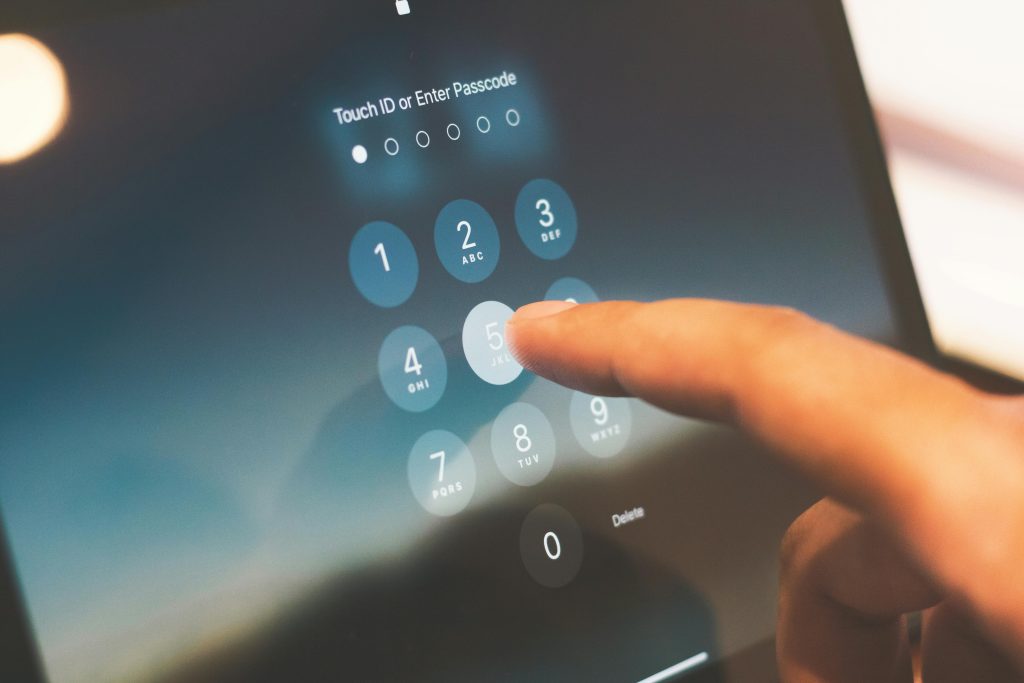Interpersonal relationships have always been a reflection of the historical and cultural context in which they exist. However, the technological, social, and economic transformations of the 21st century are reshaping how people connect and build their relationships. As we move towards an increasingly digital and globalized future, it is inevitable that relationships will evolve as well. In this article, we will explore how and why future relationships will be so different from those we know today.

The Impact of Technology on Relationships: Love and Friendship
Technology is undoubtedly one of the main factors shaping the relationships of the future. With advances such as artificial intelligence, virtual reality, and social media, human connections are taking on new forms and dimensions.
Artificial Intelligence and Emotional Assistants
In the future, it is likely that AI-based personal assistants, such as emotional AI assistants, will play a significant role in our emotional lives. For example:

- Emotional counseling: AI systems are already being used to provide emotional support, helping people deal with situations such as anxiety or depression.
- Personalized companionship: Social robots, developed for human interactions, could provide companionship to those feeling lonely.
Virtual Reality and Immersive Dates
With the advancement of virtual reality (VR), the idea of long-distance dates will gain a new perspective. Imagine being able to “go out” with someone in a virtual café, feel as if you are physically present, and explore scenarios created exclusively for you.
Additionally, VR can also transform long-distance relationships, allowing for a deeper and more realistic connection between people.
Cultural Changes and Their Impact on Relationships
The cultural norms that guide relationships are also changing. New generations are becoming increasingly open to different forms of love and friendship.
Diversity and Inclusion in Relationships: Promoting Diversified Connections
The future points to greater acceptance of diversity in relationships. This includes:

- Polyamory: An increase in the acceptance of non-monogamous relationships, where love is shared between more than two people.
- Intercultural love: With globalization, cultural barriers are dissolving, allowing people from different countries and backgrounds to connect more easily.
- LGBTQIA+ relationships: Greater visibility and acceptance for the LGBTQIA+ community, promoting a more inclusive environment.
Valuing Individuality
Future relationships will also be based more on the idea that each individual is unique and that bonds should be built on mutual understanding and respect for differences, promoting personalized relationships.
- Emotional autonomy: There will be a greater appreciation for emotional independence rather than co-dependence.
- Personal space: More couples will opt to live in separate homes or maintain more individualized lifestyles.
The Economic Impact on Relationships
Economic changes also play a crucial role in the future of relationships. Financial instability and rising living costs can influence everything from marriage to how people choose to start a family.
Equal Financial Division
The increase in gender equity in the job market may lead to new financial dynamics in relationships:
- Couples splitting expenses equally
- Women taking on primary financial provider roles
- More flexible financial partnership models
Delaying Marriage and Parenthood
With the growing focus on career and personal development, many people are choosing to marry and have children later in life. This can also influence how relationships are perceived and lived.
Ethical Issues and Challenges on the Horizon: How They Impact Future Relationships
While new technologies and cultural changes offer exciting opportunities, they also bring significant challenges. Ethical and concerning issues arise regarding privacy, authenticity, and the very essence of human connections.
Dependence on Technology
- How can we prevent technology from replacing authentic human interactions?
- To what extent can virtual relationships be considered real?
Privacy Issues

With the rise of digital platforms, protecting users’ privacy and data becomes increasingly crucial.
- Who owns the data about our personal interactions?
- How can we ensure that sensitive information is not misused?
Conclusion
Future relationships promise to be a fascinating blend of technology, culture, and individuality, reflecting the evolution of relationships over time. While ethical and social challenges may arise, it is undeniable that we are moving toward a world where human connections will be more diverse and accessible. Understanding and embracing these changes will be essential to navigating a constantly evolving world.
